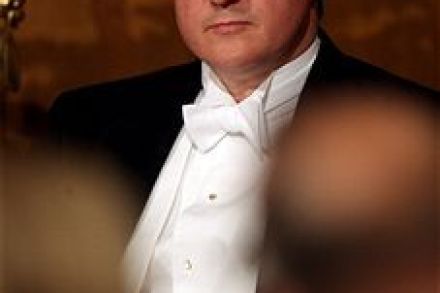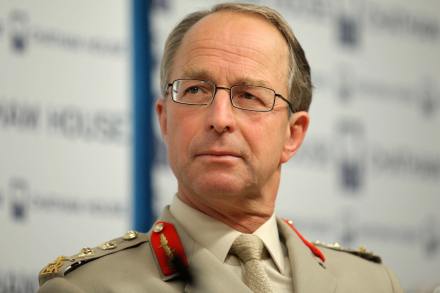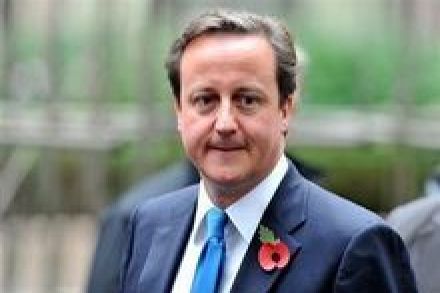Julian Assange: the new face of anti-Americanism
Like everyone else, I have poured over the latest cache of Wikileaks – the publication of which I find irresponsible and destructive. There are several pieces of information now in the public domain that will cause the US diplomatic embarrassment or worse may even help the regimes in Tehran, Pyongyang and Moscow. Just ask yourself a few questions. Will the West be safer if the Saudi leader cannot trust that a conversation he has with a US envoy will remain secret? Will that help or hinder Iran’s nuclear prpgramme? Will US-German links be improved by the knowledge that US diplomats are sceptical of Angela Merkel’s policies? Will that aid G20


















